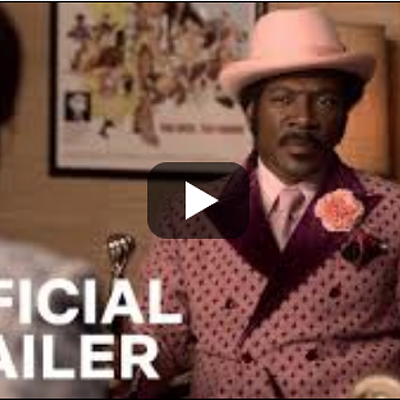She brings this out in five interlocking stories, focused through the lives of two lonely and incredibly earnest people. Richard Swersey (John Hawkes) is a shoe salesman who has just been kicked out by his more beautiful and successful wife. In a last-ditch effort to show his two sons how much he loves them, he sets his hand on fire, which illustrates both the depths of his affection and the height of his despair, while nonetheless turning out to be a very bad idea.
Meanwhile, video artist Christine Jesperson (July) supplements her nonexistent arts income by running an "elder cab" service, driving senior citizens about on their errands. When Christine and Richard meet, they walk down a two-block stretch and pretend that the walk symbolizes their entire life together; at the halfway point, they're a middle-aged couple in semi-retirement; at the end of the block, they speak of dying within minutes of each other.
Turning tiny moments into performance art is a theme taken up by the avant garde and experimentalists of the 1960s, but I've never seen it used so naturally, and so sweetly, in a narrative film before. And this is one of the great strengths of July's work: She takes the life-as-art motif and makes it work the way it was supposed to work: not as an alienating, high-brow exercise, but as a way of illustrating and enhancing the everyday for everyone. The walk doesn't come across as arty, but rather as a way for two people to communicate something about how they wished they felt.
Meanwhile, Richard's two sons, scarred by his odd behavior, are silent and sullen, spending most of their time making ASCII art and playing around in Internet sex-chat rooms. Their bizarrely childish comments are misinterpreted by the people they chat with as hot sex talk, which sounds horrifying, but July somehow manages to combine "horrifying" with "adorable."
It's hard to describe how successful she is at bringing these disparate feelings together without giving away the best moments of the film, but as an example: two teenage girls have a contest to see who can give the best blowjob. Working on the same young boy, they take turns, but after the first one goes, the second points to the boy's (offscreen) unit and says, "Wipe it off! I don't want your cooties!"
Indeed, no one wants anyone else's cooties, but everyone wants to get close. The tension between approach and withdraw, and between natural and distasteful, informs every moment of the film.
July brings to this her sensibilities as a short story writer and video- and performance-artist. In these realms, she's an experimentalist, but her film still manages to be a traditional narrative. A number of current filmmakers are combining these modes, notably Gus Van Sant, Wes Anderson and most recently Todd Solondz, whose dabbling in the disturbing realms of human interaction are perhaps closest to what July is doing. But having seen Miranda July's Me and You and Everyone We Know, I've changed my mind about Todd Solondz's Palindromes. Now I like it less, because July's film does what Solondz does, but with a sense of hope, and I think that's harder.
She also manages to make a film that tremendously accessible. I think that pretty much anyone would enjoy this movie, whether they've just gotten their Ph.D. in Pretentiousness or are majoring in Love Saves the Day. I mean, you know that feeling you get when someone holds your head underwater, and you're screaming, but you're underwater so no one can hear you and then the kicking starts? That's sort of the feeling you get from this film, only with, like, love and hope and the good things of life in there. So please go see this and encourage more filmmakers to look beyond the division between alienating, difficult art films and sweet, naïve love stories, because, as July has shown, there's a large and largely unexplored realm there, and entering it with some sense of openness may be the best way to break down the seemingly impenetrable barrier that we in the United States have erected between the concerned citizens of Planet Smartypants Town and the good people of Faith and Trustville.













